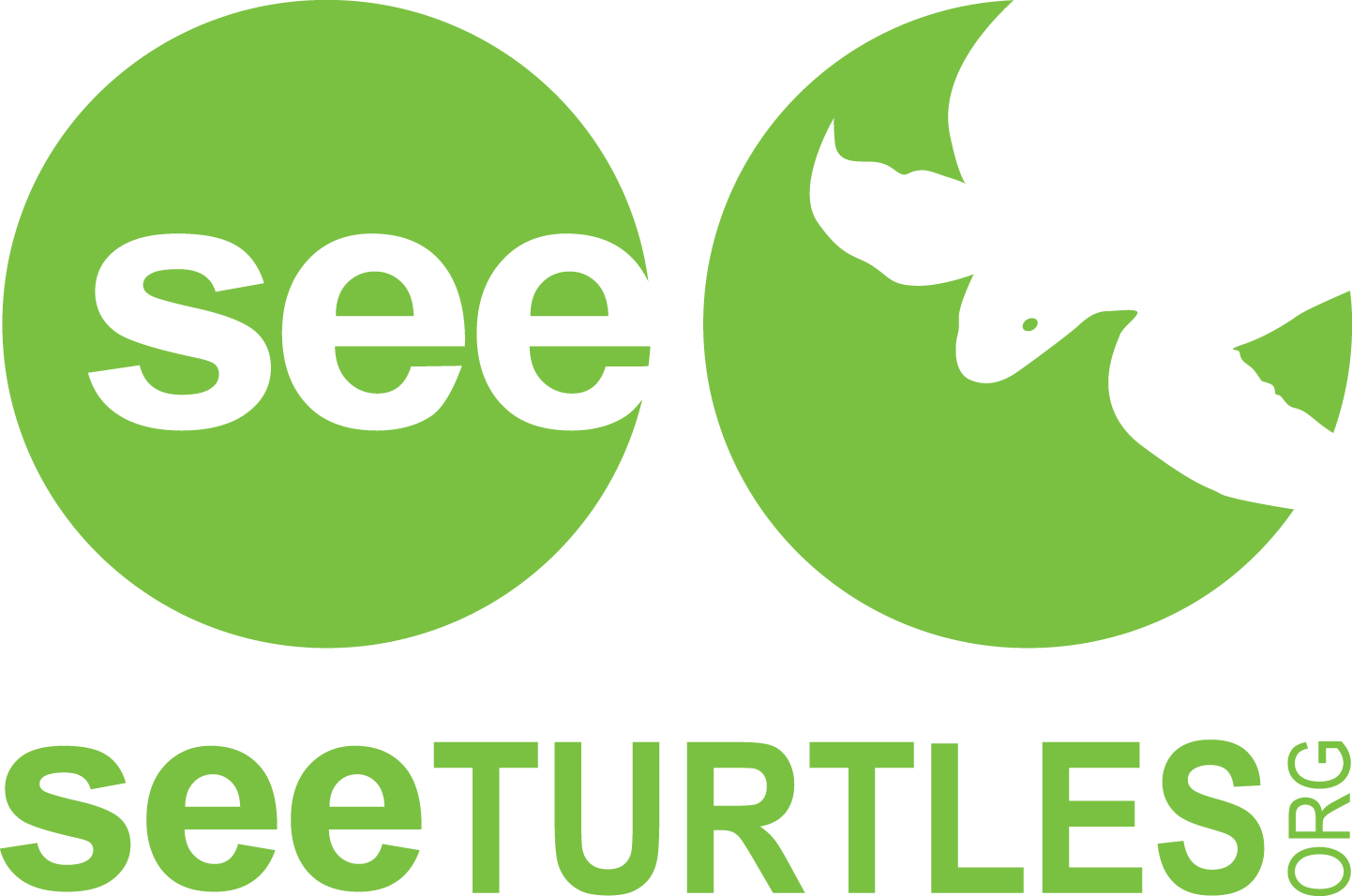August Billion Baby Turtles Update
For August our Billion Baby Turtles supported 6 different projects in Ghana, Ivory Coast, Papua New Guinea, Bangladesh and Costa Rica with a total of US $18,900 and expected to help almost 108,000 baby turtles. This year, to date we have supported our partners with US $125,400 in grants and have helped save almost more than 1,000,000 baby turtles so far!
Our World Our Sea, Beyin, Western Region, Ghana
This is a new organization that started working in 2023. Their first year they protected 231 nests of green turtles, 33 olive ridley, and 165 leatherback nests. One of the main threats in the nesting area is illegal collection/hunting. Our World works with local communities during the nesting season where local volunteers support the maintenance of hatcheries, beach patrols, egg relocation, and hatchling releases. Our World also runs a by-catch release program named “fishing gear for turtles” and intensive community awareness. With US $3,000, our Billion Baby Turtles expect to help this partner to protect more than 36,000 baby turtles.
Marinelife Alliance, Cox Bazar-Teknaf, Bangladesh
Marinelife Alliance (MLA) is dedicated to the understanding, protection, and preservation of coastal and marine resources, amidst endless threats posed by man-made alterations and unsustainable practices in the area of Cox Bazar-Teknaf in Bangladesh. Founded by a group of young biologists in the 90s, their mission is to conserve and restore marine and coastal biodiversity through knowledge enhancement, rigorous scientific research, and active engagement of local stakeholders with a primary focus on sea turtle restoration programs. This project addresses multiple threats endangering sea turtles in Bangladesh, including bycatch, egg collection, predation, nesting beach alteration, and tourism-related disturbances. With US $2,000, our Billion Baby Turtles program hope to support MLA to protect at least 12,500 turtle hatchlings.
Ashanti Conservation Initiative, Western Ghana
This is a new project born in 2021 due to the Covid-19 outbreak that disrupted the conservation sector in Ghana, especially with income losses and reduced survey/monitoring activities. This project seeks to increase the awareness and empower of local communities and support the rehabilitation of key marine turtles nesting sites in the Western region of Ghana. Ashanti engages local traditional leaders, community members, artisanal fishers and school children. They have employed at least 30 guides, continuously building their capacity, providing them with a monthly stipend to patrol nesting beaches. Also, more than 400 community members have benefited from the "US $1 for nest” program, encouraging local people to report any turtle nest along the project areas and receive US $1 in return. This stipend has supported high school students who serve as guards. With all these activities, Ashanti ensures full participation of local communities and the information gathered will provide valuable insight into the relative abundance per species, and off-sea distribution and diversity of sea turtles and an indication of threats encountered by sea turtles visiting nesting sites. With US $3,000 Billion Baby Turtles support this to protect and expect to help more than 5,000 baby turtles to reach the ocean.
Conservation des Espèces Marines, Grand-Béréby, Ivory Coast
Conservation des Espèces Marines (CEM) has been active for more than a decade in sea turtle protection activities, focusing on approximately 30 km of beaches west of Grand-Béréby. CEM is a local non-profit association of Ivory Coast and it is composed almost entirely by members of local communities. The field activities are carried out 100% by local eco-guards. They organize the surveillance of the nesting females. Three marine turtle species nests on the beach West of Grand Béréby: leatherback, olive ridleys and green turtles. Last season they protected 703 olive ridley nests, 83 green turtles, and 14 leatherbacks. Billion Baby Turtles is supporting this organization for the first time this year with US $3,000 expecting to help more than 11,500 baby turtles to get to the big blue.
Olive ridley hatchling. Photo: Conservation des Espèces Marines
Conflict Islands Conservation Initiative, Conflict Island Atoll, Milne Bay, Papua New Guinea
CICI works to increase the nesting and hatching success of hawksbills within the Conflict Islands atoll through creating safer habitats along the 21 islands. Their Safe Habitats program employs indigenous Conservation Rangers, training them on marine turtle populations, importance, and conservation techniques. The ranger’s presence along the Conflict Islands help to make local communities aware and decrease the number of illegal collectors from surrounding islands. Furthermore, to increase hawksbill hatchling success, they also collect ‘high risk’ eggs that are either below the high tide line or on a beach accessed by illegal collectors and relocate them in their hatchery on the main island of Panasesa. This project started in 2016 with just 4 local rangers but now they have 14, and this year they are seeking to employ a further 4 women to the team. This project protects green and hawksbill turtles, every year they help around 28,000 hatchlings to get to the ocean. This year, Billion Baby Turtles supported this project with US $3,000 and expect to help CICI to protect at least 500 baby turtles.
Comunidad Protectora de Tortugas de Osa, Osa Peninsula, Costa Rica
This organization protects primarily olive ridleys and green turtles at 3 beaches. This is one of the most biodiverse areas in Costa Rica. Since 2019, Tortugas de Osa monitoring and research projects offer the opportunity to involve different local actors, volunteers and conservation organizations, to contribute to the protection and monitoring of marine turtles. This is a community-led conservation association that aims to integrate local people in the conservation of the highly biodiverse Osa Peninsula, and more specifically the busy sea turtle nesting beaches of Rio Oro and Carate. They focus on local communities in rural areas where individuals are looking to make positive change away from mining, hunting and taking inside the Corcovado National Park area. With US $5,000, Billion Baby Turtles supported this project and hopes to help to protect more than 43,000 baby turtles this season.


